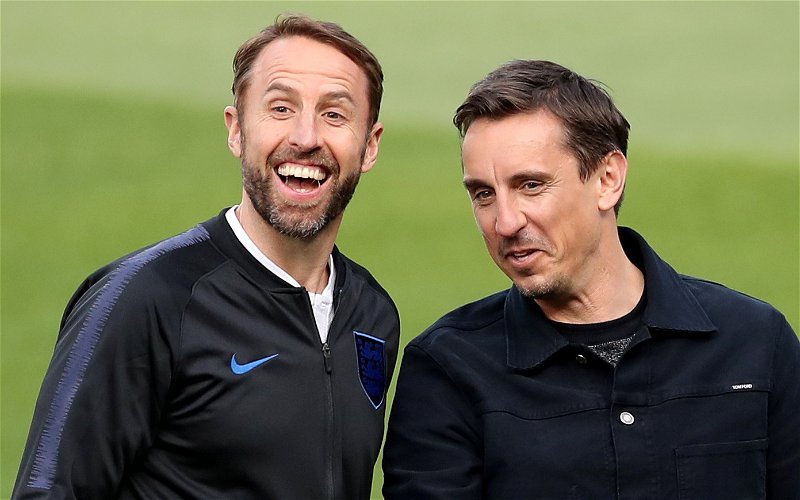 As part of the FA’s 150th anniversary celebrations, England recently faced five time world champions Brazil. Yet within the furore, it was a particularly special day for a certain Ashley Cole, as he joined an elite group of players to reach 100 caps for his country.
As part of the FA’s 150th anniversary celebrations, England recently faced five time world champions Brazil. Yet within the furore, it was a particularly special day for a certain Ashley Cole, as he joined an elite group of players to reach 100 caps for his country.
Regardless of whether you loathe the man who has been subject to much criticism, ranging from his Arsenal-Chelsea transfer as ‘Cashley’, to his doomed marriage to Cheryl, right up to Ferdinand’s ‘choc ice’, it cannot be denied that Cole has been one of, if not the, most consistent performers in an England shirt for the past decade. With many claiming him to be England’s greatest ever full back, it begs the question as to how he ranks with the all time greats to pull on a Three Lions shirt.
Can Cole be regarded as one of England’s best ever players? And if it is not him, who exactly should be considered as the greatest of them all? The Football Writer investigates, by looking at a selection of the candidates…
Alan Ball (1965-1975, 72 caps, 8 goals)
An energetic midfielder who could play centrally or out wide, Ball was first called up to the England national side in 1965, debuting shortly before his 20th birthday, and would go on to win over 70 caps for his country. But what is most remarkable about Ball is the way in which he truly hit the ground running for the Three Lions. He was the youngest member of the 1966 World Cup squad, and burst onto the scene with several incredible performances, despite his inexperience at such a level.
By the time of the world cup final, he was still only in single figures for caps. And while this inexperience may harm other players, it appeared that Ball was unfazed. Many of his teammates and pundits claim that he played without nerve, and had it not been for his contribution on the day, the outcome may have been different. It’s pretty hard to perform better than a man who scores a hat trick in a ‘regular’ game, and thus even more difficult in one as important as a world cup final. But Ball did just that, giving a man of the match performance in the final ahead of Geoff Hurst.
Of course, that final isn’t Ball’s only contribution to the England team, while he also had a successful club career at the likes of Everton and Arsenal. But it is the 1996 World Cup, and in particular the final, which gives Ball recognition as one of England’s finest.
Did you know…? – Ball has been inducted into three hall of fames; those of Everton, Blackpool and English Football.
Geoff Hurst (1966-1972, 49 caps, 24 goals).
Regardless of what he did for the rest of his career, Hurst established himself as an England legend within a matter of months of his debut. Having been selected for the 1966 World Cup squad, he was seen as a backup option to the Roger Hunt-Jimmy Greaves partnership. Yet when the latter sustained an injury at the end of the group stages, Hurst came in to score the winning goal in the quarter final, and assist the winner in the semis.
With Greaves ready to return for the final, legendary manager Ramsey instead defied the media and fans’ calls and instead retained Hurst’s position in the starting XI; which is particularly remarkable when you consider that there were no substitutes back then. And how that decision paid off. Hurst, who like Ball still hadn’t reached 10 caps by the time of the final, put his name down in history as the first, and still the only, player to score a hat trick in a world cup final, as England beat West Germany 4-2 aet.
Despite no other successes for England, he remains thirteenth in England’s all time top goalscorers list, boasting a better goals per game ratio than eight of those above him, while he also claimed a Cup Winners’ Cup and FA Cup medal from his impressive time at West Ham. Yet his iconic status across the world has been forever immortalised courtesy of BBC commentator Kenneth Wolstenholme on the magical day: “And here comes Hurst. He’s got… some people are on the pitch, they think it’s all over. It is now!”.
Did you know…? – Hurst jointly holds the record for most goals scored in the League Cup with Ian Rush, who both scored 49 throughout their careers. Hurst, however, did it in fewer appearances.
